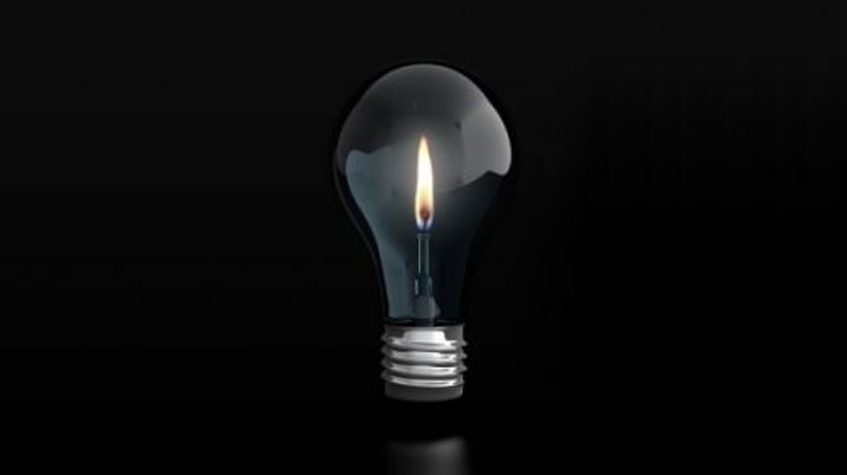In most cases, inverter/ battery systems offer superior performance and significant cost savings when compared to generators. Considering the efficiency of modern, solid state inverters, generators have definite drawbacks in several areas.
Most importantly, many body corporates, home owners associations, business parks and other landlords will not allow generators to be used. You can imagine the noise and smell when 200 generators start up in a complex.
The initial cost of a generator might be less expensive than an inverter system, but in the long run they are far more costly when you consider running costs and maintenance. Generators require constant attention to assure proper operation. The oil needs to be changed regularly and other maintenance performed. It is also highly recommended that if a petrol generator does not run for more than 30 days, that the fuel is drained and the carburetor run dry. Nobody wants to go outside at night and perform a fault finding ritual when the generator fails to start.

Buying a cheap unknown brand of generator is penny wise and pound foolish. Very few are supported and even a minor unobtainable spare part could leave you in the dark once again. Connecting your expensive equipment to a unit with dubious or compromised circuitry may very well be a perilous exercise. Also, if you believe everything you read, better not read the spec sheets of some of the cheap imports.
With the ever increasing price of fuel, running a generator could become prohibitively expensive. And nobody likes the noise and fumes.
Fuel storage can be a nuisance as well. Apart from the fire hazard and regulatory problems, petrol cannot be stored for more than a month or so. You need to rotate your inventory on a regular basis to avoid problems.
An important consideration is the seamless transfer of power of the inverter system, which is impossible to achieve with a generator. Even with the fastest automatic and remote start facility, there will always be a delay of several seconds before the power comes on. By that time you might have lost important data on your computer or, even worse, you might have lost the plot of the soapie you were watching!
Having said all that about generators, an inverter/battery system is not the be all and end all of standby power. There are several disadvantages, like the energy storage limitations of the batteries as well as their expected life, which is generally between 5 and 7 years. Initial cost is an important consideration but it is for the most part justified by the preceding reasons.
Even more so than with generators, the bandwagon is overcrowded with opportunists looking to make a quick buck. If you are on a limited budget, rather buy a quality inverter of the size you prefer with fewer batteries initially. You can always add batteries later on but if you buy a 1 kW inverter with 3kW written on the package, you might as well go and play the lotto. At least you will have a chance of getting value for your money.
What about Solar, you may well ask. Well, the truth is that if all you are trying to do is bridge the gap between power outages, Solar is not the answer. The inverter/battery system does not generate anything. It simply stores and provides energy when needed. Significantly, mains power is still by far the cheapest energy you can buy today, in spite of the drastic Eskom price increases. If, however, you want to become less dependent on Eskom power, Solar might be an option but it is still very expensive. All the same, that is a discussion for another day.
